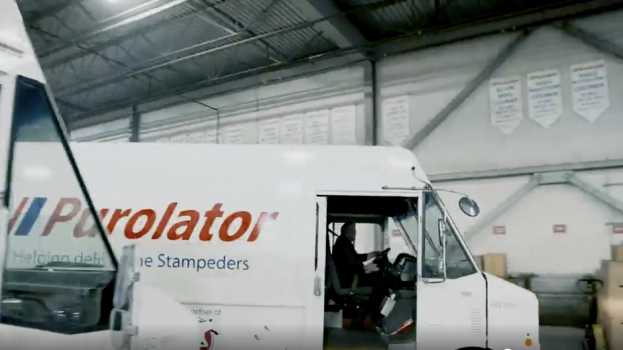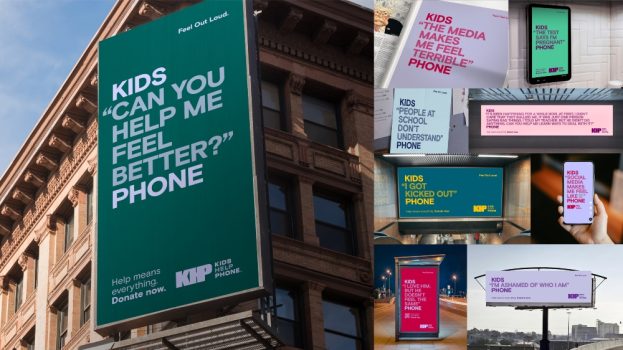Many industries have seen tangible shifts and pivots due to the new realities brought on by COVID-19. And with roughly three in 10 Canadians shopping for things online that they normally would have bought in store, the courier and delivery services’ industry is another sector of the economy adjusting to massive business and cultural shifts.
Canadian courier Purolator has seen several changes over the past couple of months. According to Melanie Cheng-Kai-On, director of marketing at Purolator, the company has, operationally, been focused on three main areas: the safety and wellbeing of its employees, pivoting from B2B deliveries to “business-to-consumer,” and becoming more attuned to the needs of those customers.
Cheng-Kai-On says residential deliveries have skyrocketed across Canada. But businesses make up a significant portion of Purolator’s customer base, so it pivoted near the beginning of the pandemic to make more consumer deliveries, as only essential workplaces (like hospitals and grocery stores) were open. That has brought on challenges like launching more flexible delivery and receiver options, but also being top of mind for Canadians in a new way.
To show Canadians that it is available for their non-business deliveries, Purolator released a new digital push under the “Promises Delivered” platform. The minute-long spot – created in conjunction with Fuse Create – highlights how its longevity in delivery and logistics make it a trustworthy source for deliveries, whether it is the food on Canadians’ tables or the delivery of PPE to hospitals.
[iframe_youtube video = “YLb3Ct-l-o0”]
Earlier this year Purolator went to market with “Bring It”, a more intense, business-focused spot – while the new campaign pivots to show people in their homes and deliveries like groceries.
[iframe_youtube video = “2YKpLW6IHFc”]
“We see it as a promise our customers made to their customer,” Cheng-Kai-On says. “We continue to deliver promises across the country. We’re proud to be deemed an essential service in Canada, so while everyone needs to stay at home, we’re still at work.”
While Purolator saw a drop-off in delivery to small businesses and brick-and-mortar retail shops at the beginning of the pandemic when only essential businesses and services were open, that’s reversing now. Since the beginning of May, Cheng-Kai-On says “it’s been like Black Friday-type, Christmas holiday season levels” of delivery, as businesses and services across the country begin to reopen, which is the next adjustment.
“Everybody is just trying to keep up now with everybody ordering online, to the home – whether it be groceries, household goods, school supplies,” she says. “Now, the challenge we’re faced with is, with the economy slowly opening up, we’re seeing demands that have surged…with small businesses re-opening and getting their businesses back online, we’re going to see even more of a surge.”
























